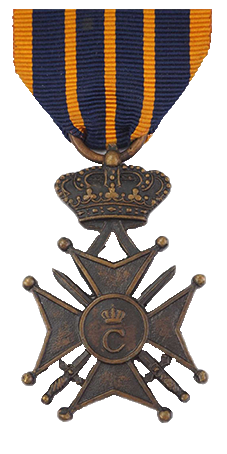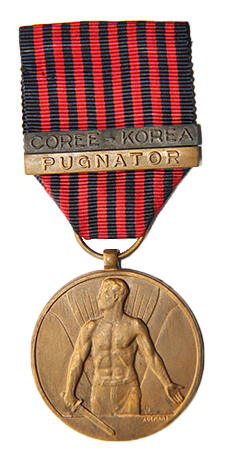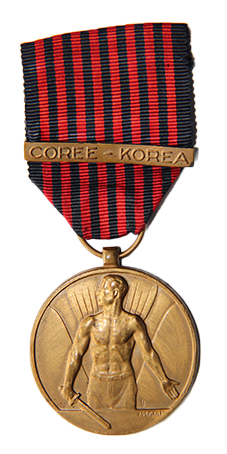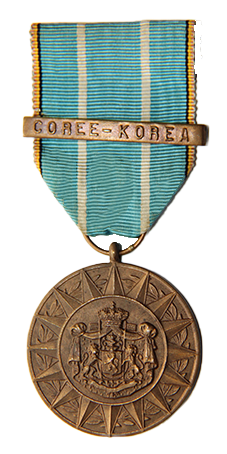


STEFFEN, Gauthier

Birthday: 10.05.1912, Basel (Switzerland)
Father: Auguste STEFFEN
Mother: Frieda NEBICKER
Service entry: 18.06.1945
Contingent: 1st
Ranks: Sergent (1945)
Sergent-chef (1946)
Adjudant (1946)
Adjudant-chef (1946)
Death: 08.04.2002, Luxembourg City
While World War 2 was on the verge of breaking out, Gauthier headed to France and joined the Légion étrangère. He had been trained in infantry and artillery combat by the French Army. Although difficult to prove, it stands to reason that he fought in the North African Campaign, alongside British and American forces. On 25 January 1944, he set over to Great Britain and fought henceforth in the Belgian Army until the liberation of Western Europe.
After the war, he worked for the Société Nationale des Chemins de Fer Luxembourgeois (CFL) until June 1945, when he enlisted as a volunteer to the Luxembourg Army. Following a quick term with the IInd Battalion, Gauthier was detached to the 2nd Company of the Corps de la Garde. Due to his military experience, he was appointed Adjudant-Chef in 1946.
On 30 September 1950, he reported for a one-year term to the first contingent deployed in the Korean War. Next to Lieutenant Joseph Wagner, Gauthier was the second officer in command. During the battle at the Imjin river in late April 1951, he proved himself capable of leading a platoon under fire. While the first officer, Lieutenant Wagner, was on furlough in Japan, he took over command and led his men safely through the battle. They managed to hold their ground and covered the retreat of the 3rd US Infantry Division. Soon after that, masses of Chinese infantry overwhelmed the Luxembourgish lines, forcing them to abandon their camp and retreat across the Imjin to retake new fighting positions.
While the rest of the first contingent packed their bags and returned home, Gauthier and Paul Saurfeld were chosen to represent the Luxembourgish detachment on a tour throughout the United States and Canada. On personal invitation of the President of the United States Harry Truman, representatives of all fighting nations toured the biggest cities in Northern America during more than 6 weeks, between October and November 1951, held speeches, attended diners and highlighted their efforts in Korea. Gauthier eventually returned to Luxembourg on 4 February 1952 and worked at the Army Technical Services Base in Capellen. In the 60s, numerous asthenia crises disabled him from active service and bound him to a deskjob until his retirement in 1967.
After the divorce from his wife in 1975, Gauthier’s traces were fading until he rappeared in the late 90s in Munsbach, where he then lived together with an unknown woman.
"MacArthur, der grosse Feldherr, der finstergewaltige Mann; des demokratischen Präsidenten herbster General; immer aber einer der besten, der erste Soldat, Schwert u. Schild; - u. nun, bis in seine spät-giftverbitterten Tage nicht der anerkannte Prophet u. Deuter..."
Gauthier in his poem "Korea, das Land des nicht mehr stillen Morgen" (p.6), about US General Douglas MacArthur, responsible for the successful landing at Inchon (15th - 19th September 1950), which brought the turnaround in the course of the war. © MNHM
"Es gibt kriege, die man nicht hinnehmen darf, ohne sich sofort zur wehr zu setzen, selbst wenn der widerstand aussichtslos erscheint."
Gauthier Steffen, "Korea, das Land des nicht mehr stillen Morgen", p.5. © MNHM










